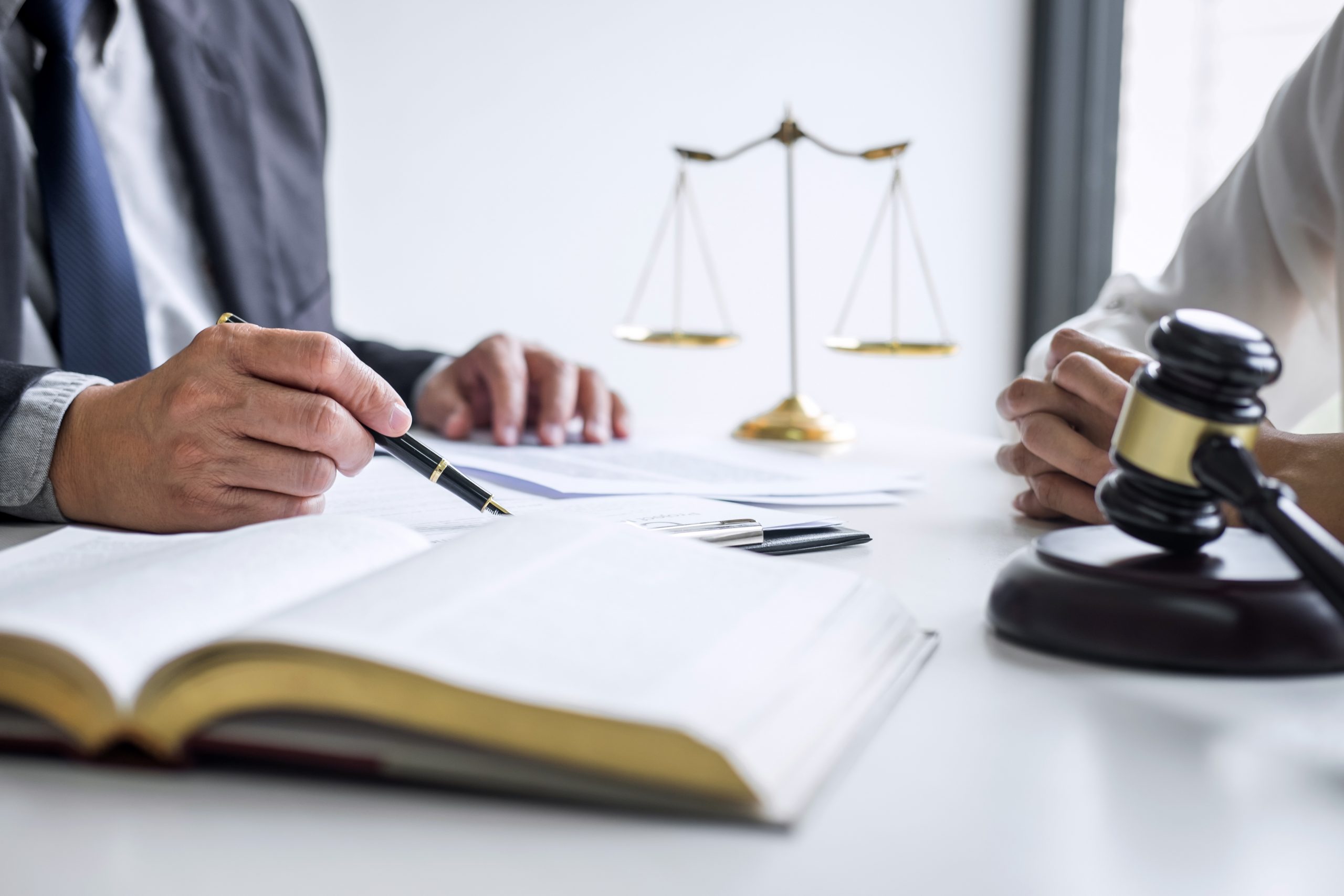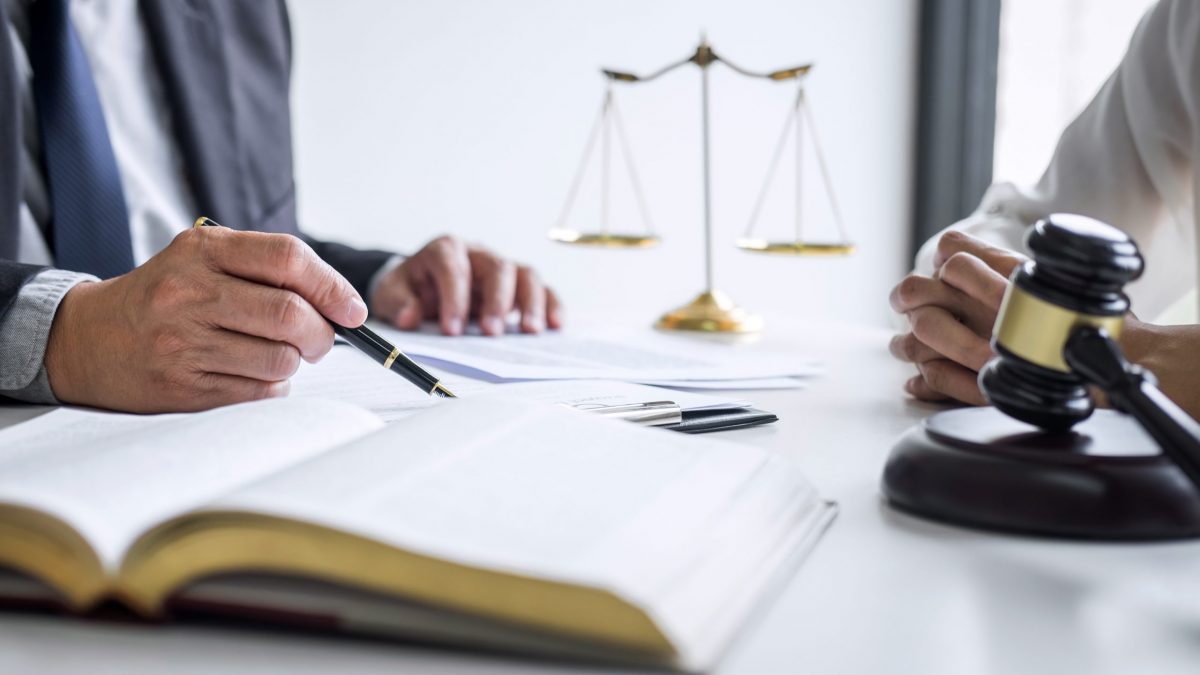
UK competition update
November 30, 2020
Interview with Hari Pannum, future trainee solicitor at Clifford Chance
December 6, 2020Whether we are talking about a broken arm due to a fall on a construction site, about a back injury that happened as a result of heavy lifting, exposure to loud noises that resulted in hearing problems, one thing is certain – accidents on work can be pretty common. If you have found yourself in a similar scenario, one of your first steps, naturally, should be to find a lawyer, more specifically – a compensation lawyer.
That being said though, how, and to what extent can your compensation lawyer helps you? What are their responsibilities? But before you visit an attorney, it’s extremely helpful that you understand their role in the claims process first. That is why, in this article, we are going to tackle topics relevant to compensation lawyers.
Helping You Understand Workers’ Compensation Laws
When it comes to workers’ compensation laws, you should know that they are governed by each state legislation and by federal statutes, making it pretty hard for a regular person to track how everything works. State legislation and federal statutes provide for fixed compensation without any legal action to employees or their dependents in the event of employment-related accidents and diseases, but, how can you know how much are you entitled to if you happen to be in such a scenario?
Well, this is when your lawyer comes into place. They are going to be able to inform you with correct and relevant data, enabling you to understand whether you should pursue legal action – which depends on whether the negligence of the employer or the employee has taken place. Learn more pittsburgh workers compensation lawyer
Prominent Duties of a Compensation Lawyer
The ultimate goal of a compensation lawyer that’s representing the claimant is to help them regarding individual obtain benefits. As experts on this topic over at wyattscompensationlawyers.com.au explain, this basically means mitigating the defendant’s liability, considering that the defendant – which is the person responsible for the injury in question. The defendant can also be the insurance company that has failed to reimburse you.
Gathering Medical Evidence and Records
Medical evidence is crucial when it comes to personal injury claims. It’s on you to go to the doctor as soon as possible in order for evidence to be more credible and relevant, but everything else – your lawyer is going to take care of it.
So, when we’re talking about taking depositions of the claimant, physicians, medical experts, and other relevant parties involved, all of them are considered responsibilities of your lawyer.
Performing Legal Research
When it comes to workplace injuries, there is a lot of research to be conducted in order for you to have a good claim. This research is mostly based on determining just how did the accident happen in the first place, as well as to pinpoint the deeper causes that are tied to the incident. These reasons mostly boil down to negligence and are broadly categorized into negligence when hiring, negligence in training, negligence in training, and negligent retention. While all of these can be intuitively understood and easily expressed, your attorney is there to provide a legal backbone to these accusations.
Remaining Current With Developments in the Law
In workplace injury cases, but also in legal issues in general, things tend to move in a pace that isn’t always all that straightforward, making it pretty hard for an individual with no background in law to follow the process. Of course, understanding different variables, how they change, how do they impact each other as well as how to utilize this knowledge to your benefit is imperative in situations like these.
Understandably so, your attorney has a lot of experience with these things, as well as knowledge – they were trained for this. Having such an expert to guide you through the process is extremely helpful – both when it comes to boosting the chances of getting properly compensated, but also when it comes to your confidence that everything is going to be resolved as planned.
Drafting Pleadings, Findings of Fact, Motions, and Other Legal Documents
Last thing that we are going to talk about in this article, but by no means the least – legal documentation. A person that isn’t an expert on these can easily get overwhelmed just by hearing all the different terms associated with different documents, and not to mention trying to interpret them.
Legal documents are complicated for a regular individual, but it’s the responsibility of your lawyer to provide you with an explanation on everything of relevance, as well as to conjure all the documents that you need like pleadings, findings of fact, motions, etc.
In the end, it all boils down to the fact your lawyer is there to ensure that you get compensated accordingly. Having a credible, skilled, and experienced professional can make everything easier when it comes to personal injury cases, and just knowing that while you rest and recover, you are being backed up by a lawyer that’s working on resolving the entire issue in the best way possible ensures peace of mind.





